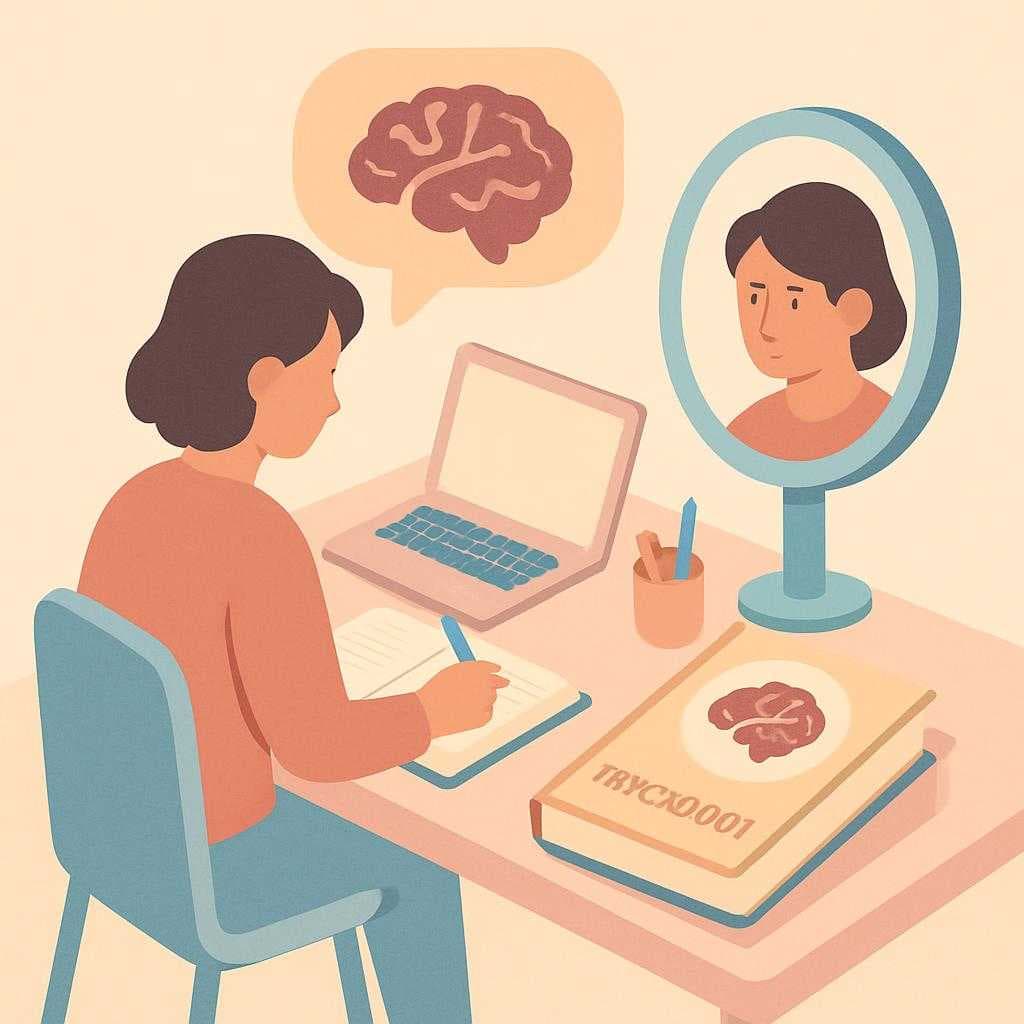Mastering AS-Level Psychology: Harnessing the Power of Self-Reflection for Exam Success
Summary: Discover how self-reflection can be a game-changer in your AS-Level Psychology studies. Learn how incorporating this powerful tool can enhance your understanding and performance in exams set by AQA, Edexcel, and OCR.
As an AS-Level Psychology student in the UK, navigating the demands of your studies and preparing for exams can often feel overwhelming. With exam boards like AQA, Edexcel, and OCR setting rigorous standards, it's crucial to develop strategies that not only boost your knowledge but also enhance your exam performance. One often overlooked yet highly effective technique is self-reflection.
What is Self-Reflection in Psychology?
Self-reflection is the process of examining your thoughts, feelings, and behaviors to gain deeper insights into your learning processes. In the context of AS-Level Psychology, it involves analyzing how you study, how you approach exams, and how you react to different psychological concepts. This introspective practice can help you identify strengths and weaknesses, offering a pathway to improvement.
Benefits of Self-Reflection in Exam Preparation
-
Enhanced Understanding of Concepts: By reflecting on your study sessions, you can identify which psychological theories or models you find challenging. This awareness allows you to allocate more time to these areas or seek additional resources for clarification.
-
Improved Exam Techniques: Reflect on past exam performances to understand your approach to different question types. Did you struggle with multiple-choice questions or essay-based answers? Identifying these patterns helps you develop targeted strategies for improvement.
-
Stress Management: Self-reflection can also aid in recognizing stress triggers related to exams. Understanding what causes anxiety can help you adopt coping mechanisms such as mindfulness or relaxation techniques, leading to a calmer exam experience.
-
Boosted Motivation and Confidence: As you reflect on your progress and achievements, you build a sense of accomplishment, boosting your motivation and confidence. This positive mindset is crucial for tackling challenging topics and excelling in exams.
Incorporating Self-Reflection into Your Study Routine
-
Journaling: Keep a study journal to document your thoughts after each study session or mock exam. Note what went well, what didn’t, and what you plan to improve.
-
Regular Review Sessions: Set aside time each week to review your journal entries and assess your progress. This practice ensures that self-reflection becomes a regular part of your learning process.
-
Peer Discussions: Discuss your reflections with classmates or teachers. Receiving feedback can provide new perspectives and enhance your understanding.
By integrating self-reflection into your study routine, you can gain valuable insights into your learning habits and exam performance. This introspective approach not only prepares you for the challenges posed by AQA, Edexcel, and OCR but also equips you with lifelong skills in critical thinking and self-awareness. Embrace the power of self-reflection and unlock your potential in AS-Level Psychology!
